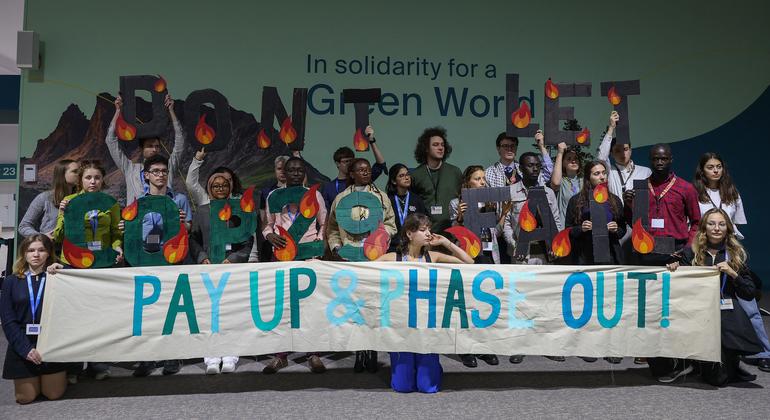The latest round of climate negotiations organized by the UN, COP29, began this week in Baku, Azerbaijan, against a backdrop of extreme weather events that have intensified this year, including record temperatures, wildfires, floods, and hurricanes. The main focus of the conference is to significantly increase financial support to help the most vulnerable countries to cope with and adapt to the effects of climate change, leading to this meeting being called the “COP of climate finance.”
The Intergovernmental Panel on Climate Change has emphasized the urgent need to limit global warming to 1.5°C above pre-industrial levels. Essential investments in clean energy and adaptation measures are required for this. Developing countries, especially small islands and least developed nations, are particularly vulnerable to climate change and require significant financial support to enhance their resilience and reduce their carbon emissions.
As negotiations at COP29 move slowly on financing ahead of the G20 summit in Brazil, delegates from underdeveloped countries are calling for an acceleration in creating new funds for losses and damages. Simon Stiell, Executive Secretary of the United Nations Framework Convention on Climate Change, has urged G20 leaders to clearly state the availability of financial resources, promote reform of multilateral development banks, and consider debt relief as essential to enable vulnerable nations to implement decisive climate actions.
UN Secretary-General António Guterres reiterated that climate action is imperative and that financing should be seen as an investment. He also highlighted the importance of ensuring the fair exploitation of minerals necessary for energy transition, avoiding wealthy countries benefiting at the expense of less favored nations.
A notable advancement at COP29 has been the agreement on a global carbon market, which will facilitate the trading of carbon credits and encourage countries to reduce their emissions. However, the political context, such as the elections in the United States, creates uncertainty about this country’s future commitment to the Paris Agreement.
In addition, youth activism has had a prominent presence, with young people from around the world demanding urgent action on the climate crisis. It is crucial for leaders in Baku to make decisions that have a positive and lasting impact for future generations, ensuring the necessary funding for a resilient and sustainable future. The discussions at COP29 are not only decisive for the present, but also for establishing a path towards long-term climate justice.
via: MiMub in Spanish










